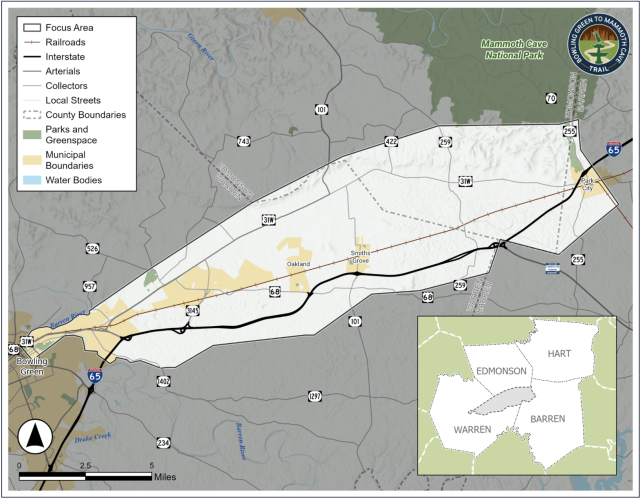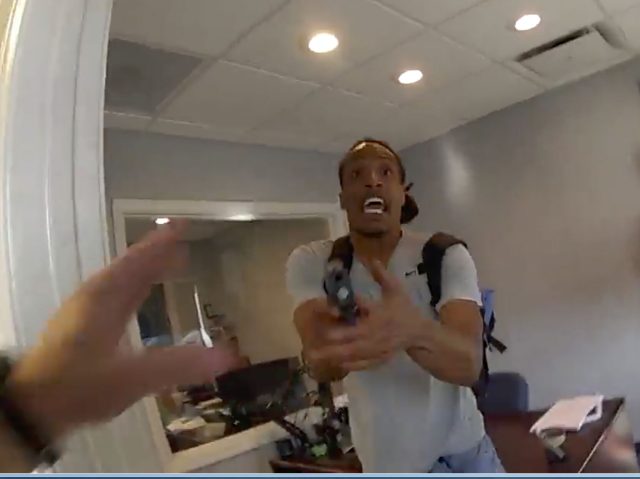David Baker, jazz scholar, composer and conductor, dies at 84
Published 1:39 pm Friday, April 22, 2016
David Baker, a composer who was music director of the Smithsonian Jazz Masterworks Orchestra for more than 20 years and who made a lasting mark as one of the country’s foremost jazz educators, died March 26 at his home in Bloomington, Indiana. He was 84.
He had complications from Parkinson’s disease and Lewy body dementia, said Luke Gillespie, a colleague on the Indiana University faculty.
Early in his career, Baker was considered a rising star as a trombonist in jazz groups led by Stan Kenton, Maynard Ferguson, Quincy Jones and others. But an injury to his jaw forced him to go in other musical directions, including as a composer of more than 2,000 jazz and classical works.
He also wrote numerous books on jazz history and performance, including “Jazz Improvisation” (1988), which is considered a seminal work explaining the seemingly indefinable art of spontaneous creativity that is the essence of jazz. He was honored as a Jazz Master by the National Endowment for the Arts in 2000.
“David Baker did more than anyone to make a place for jazz in American higher education, to codify a method for learning how to improvise jazz, and to demystify improvisation for musicians with no prior experience in playing extemporaneously,” John Edward Hasse, curator of American music at the Smithsonian Institution, wrote in an email. “He made jazz accessible and meaningful to several generations.”
Baker began teaching at Indiana University in 1966 and directed its jazz studies program from 1968 to 2013, making it one of the country’s most important incubators of jazz talent. Several of his students went on to lead jazz programs at other universities.
Over the years, his proteges at IU included the Smithsonian’s Hasse, saxophonist Michael Brecker, drummers Jeff Hamilton and Peter Erskine and trumpeters Randy Brecker and Chris Botti.
“He taught the language of jazz,” Botti, who won a 2013 Grammy Award for best pop instrumental album, told the Indianapolis Star. “With a lot of teachers, it was by the book. With him, it was like a hangout session with a great musician who could motivate with his charisma.”
In 1990, Baker was named co-musical and artistic director (with the late Gunther Schuller) of the Smithsonian Jazz Masterworks Orchestra. After Schuller stepped down in 1996, Baker became the sole leader of the ensemble, which the New Yorker called “the best jazz repertory band in the country.”
He led the orchestra on international tours and in hundreds of concert performances around the United States, including an appearance at the 1996 Summer Olympics in Atlanta.
Baker introduced listeners to familiar classics and to little-known fare, from early swing music to the sacred works of Duke Ellington to experimental jazz-classical hybrids from the 1940s to the present.
“People get hung up on nostalgia and they start treating this music as if it’s precious,” Baker told Smithsonian magazine in 1996. “It is precious, but we need to breathe life into it.”
David Nathaniel Baker Jr. was born Dec. 21, 1931, in Indianapolis. His father was a postal worker.
He began playing the trombone in school and soon began visiting the vibrant jazz clubs of Indianapolis, which produced such figures as guitarist Wes Montgomery and trombonists J.J. Johnson and Slide Hampton.
“I grew up in those clubs, from the time I was able to draw a mustache on with an eyebrow pencil and pray it didn’t rain,” Baker told the Indianapolis Star in 2008.
He graduated from Indiana University in 1953 and received a master’s degree in music education from IU a year later. Because jazz was frowned on by many music professors at the time, Baker studied primarily classical music while playing jazz on the side.
In 1953, while returning from a jazz gig, Baker was seriously hurt in a car accident. One of his injuries was a dislocated jaw, which went untreated.
He recovered well enough to continue to play the trombone, working with Lionel Hampton, Kenton, Ferguson and Jones, but he began to have facial tremors and other side effects from the accident.
In 1962, Baker gave up the trombone and attempted to restart his career first as a pianist and later as a bass player. He finally settled on the cello, an unusual instrument in jazz. (He briefly returned to the trombone in the early 1970s, but soon abandoned it for good.)
“If it hadn’t been for the accident, I’m not sure I would have ever become a teacher,” he said in 2011. “When one door closes, another door opens.”
Baker taught at Lincoln University in Jefferson City, Missouri, in the mid-1950s, but after he married a white opera singer, Eugenia “Jeannie” Jones, he was forced to resign because of the state’s laws prohibiting interracial marriage.
In 1966, Baker joined the faculty at his alma mater, where he stayed for the rest of his career, teaching thousands of students. In addition to his influential study of jazz improvisation, he wrote “David Baker’s Jazz Pedagogy” (1989), which is considered a standard text.
As a composer, Baker wrote blues-based jazz tunes, symphonic works and compositions blending the two styles.
His “Jazz Suite for Clarinet and Symphony Orchestra: Three Ethnic Dances” (1992) is widely performed by orchestras, and his whimsical 2006 work, “Concertino for Cellular Phones and Symphony Orchestra,” has become something of a sensation, calling on audience members to activate the ring tones of their cellphones at various points.
Baker was also a consultant to the Smithsonian’s National Museum of American History, assisting in acquisitions related to jazz, and he edited the Essential Jazz Editions series of jazz scores in a joint project of the Smithsonian, Library of Congress, Jazz at Lincoln Center and Warner Bros. Publications.
He stepped down as musical director of the Smithsonian Jazz Masterworks Orchestra in 2012 and retired from IU the following year.
His first marriage ended in divorce. Survivors include his wife of 36 years, flutist Lida Belt Baker of Bloomington; and a daughter from his first marriage.
At concerts, Baker encouraged audiences to be expressive, often urging them to snap their fingers and clap their hands to the music.
“When people just sit there and don’t respond, I say, ‘No, no!’ ” he said in 1996. “Don’t listen to us as though we are an artifact. Listen to us and react.”
baker-obit






